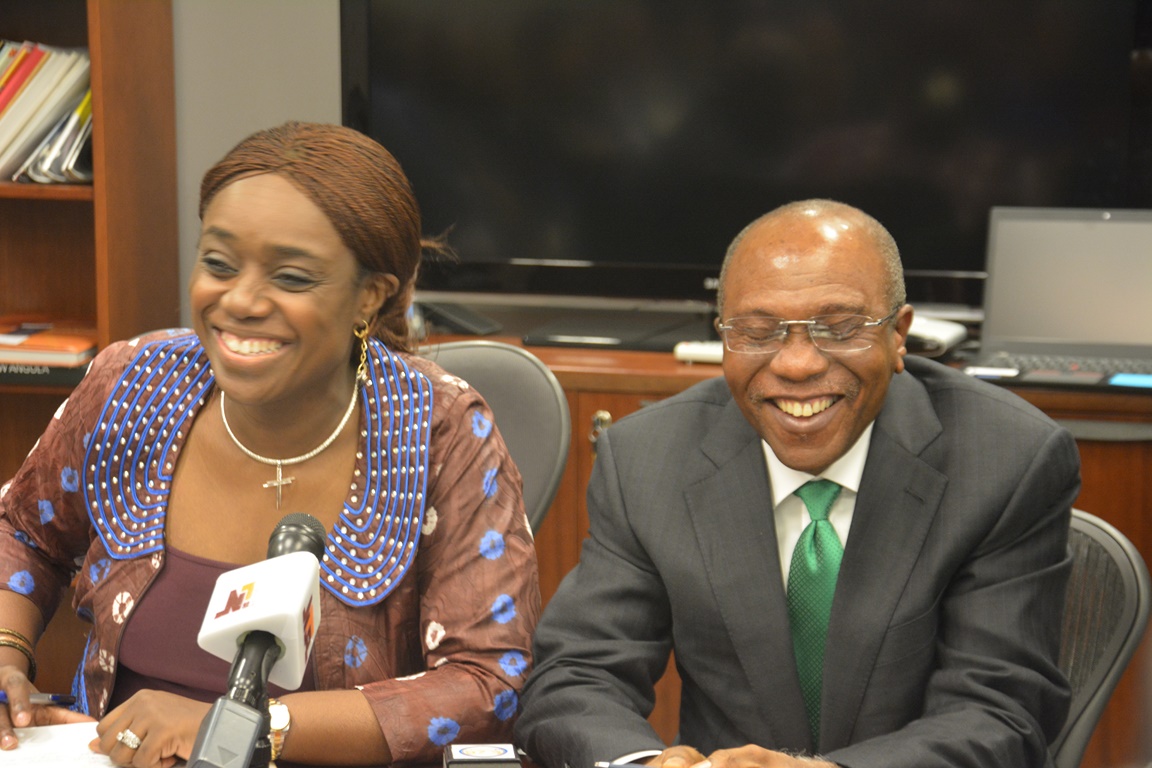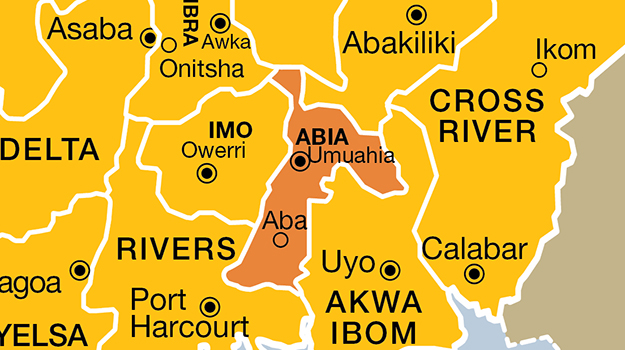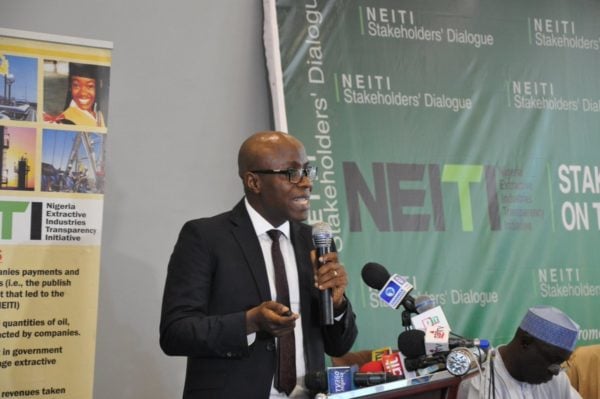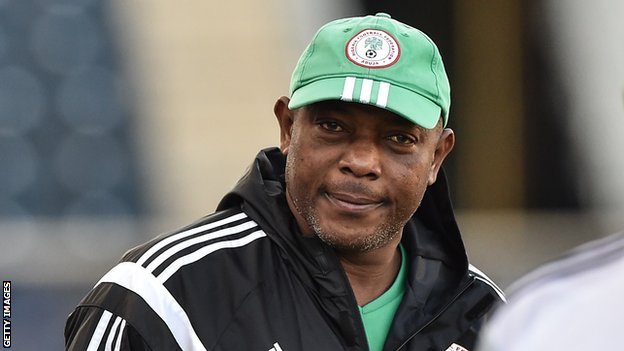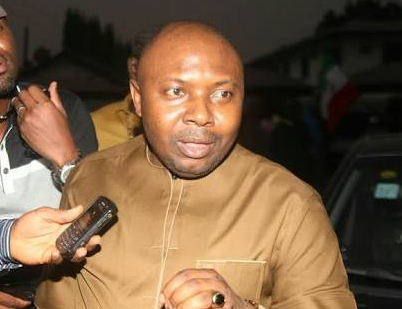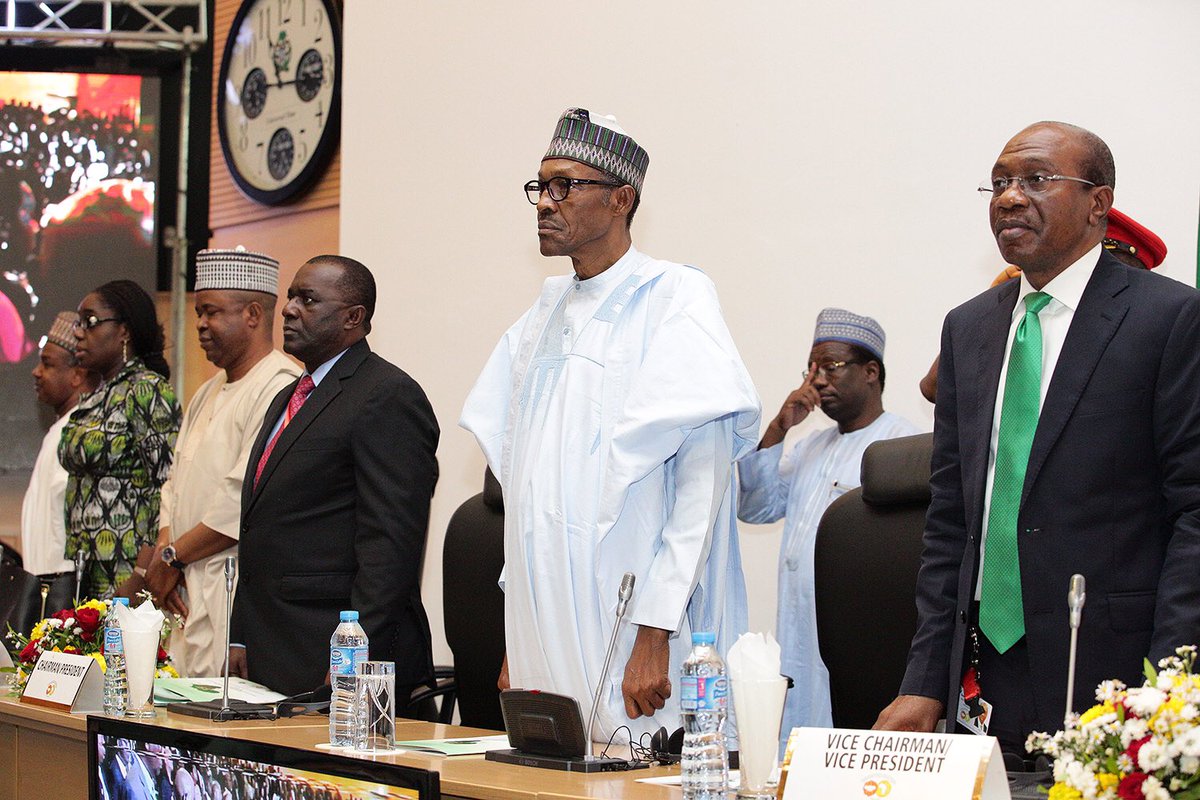There is no doubt that 2016 has been a terrific year for the Nigerian economy. With biting recession, ailing naira, spiking inflation and fluctuating oil prices, Africa’s largest economy lost and regained its spot as the continent’s economic powerhouse.
In spite of these challenging times, Nigeria made some progress in its ease of doing business. According to the World Bank Doing Business report released in October, Nigeria moved up one spot, from 170 to 169 among 190 nations featured on the index.
We have the following people to thank for our rise or fall in the index:
GODWIN EMEFIELE
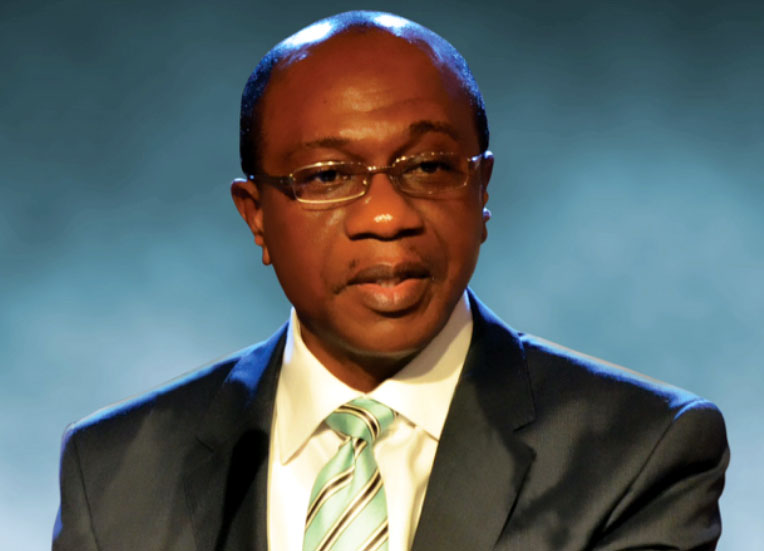 As the governor of the Central Bank of Nigeria (CBN), Emefiele played a pivotal role in business in Nigeria throughout the year. His actions and inaction meant a lot to the economy.
As the governor of the Central Bank of Nigeria (CBN), Emefiele played a pivotal role in business in Nigeria throughout the year. His actions and inaction meant a lot to the economy.
Advertisement
The decisions of the bank as regards curbing inflation or driving growth, floating of the national currency went a long way in affecting the economy, both positively and negatively.
The anchor borrowers programme being implemented by the Emefiele-led CBN has also gone a long way in affecting farmers and their businesses positively in 2016.
WAHEED OLAGUNJU
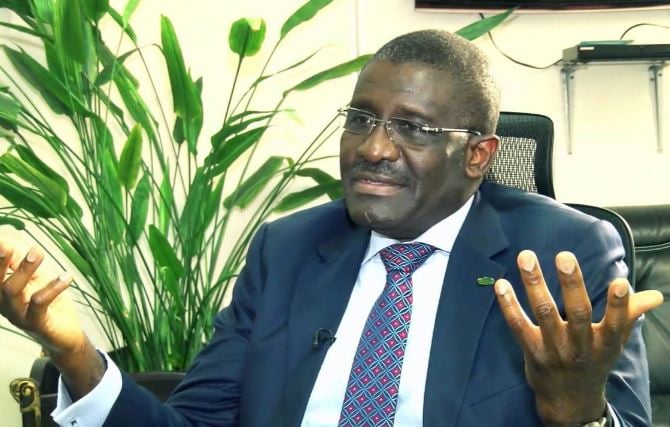
As the acting managing director and CEO of the Bank of Industry (BOI), Olagunju affected businesses across the nation, by providing credit facilities at single-digit interest rates – or a maximum of 10 percent – for manufacturing businesses in the country.
Advertisement
With the BOI Youth Enterprise Support (YES), Graduate Entrepreneurship Fund, and other funds by the bank, Olagunju has been able to address, to a certain extent, the access to credit facility bedevilling the Nigerian business space.
Of the 190 countries explored by the World Bank, only nine countries carried out reform to enhance access to credit facility, and Nigeria is one.
HAMEED ALI
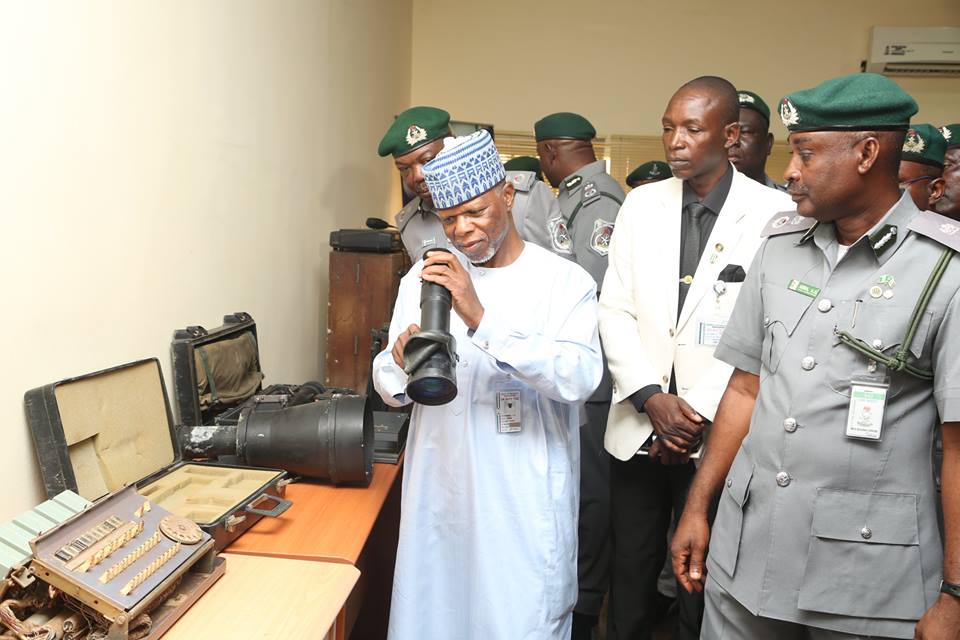
Hameed Ali, comptroller-general of Nigeria Customs Service (NCS), has undoubtedly played a huge role in doing business in Nigeria. With the full backing of President Muhammadu Buhari, Ali has been able to take some decisions that have grossly affected businesses in Nigeria.
Collaborating with the ministry of finance, Custom duty was hiked by over 10 percent on imported goods, affecting the prices of imported goods drastically, while also encouraging local production.
Advertisement
Ali’s customs in December placed a ban on vehicle importation via land border. This has inevitably affected the prices of vehicles in the country.
BABATUNDE FOWLER
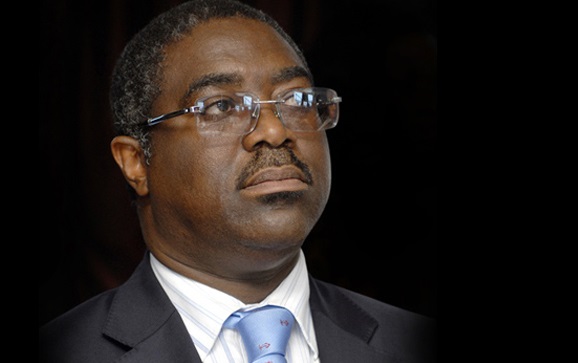 The chairman of the Federal Inland Revenue Service (FIRS) has also played a major role in defining doing business in Nigeria, through 2016.
The chairman of the Federal Inland Revenue Service (FIRS) has also played a major role in defining doing business in Nigeria, through 2016.
Fowler granted partial tax amnesty to businesses in the country, encouraging payment of taxes and easing the way business is done in the country. He carried out a number of reforms aimed at broadening the tax base, and spreading the revenue generating pressure on a larger population of businesses.
There is more to be done, but some progress was recorded in 2016.
Advertisement
YEMI KALE
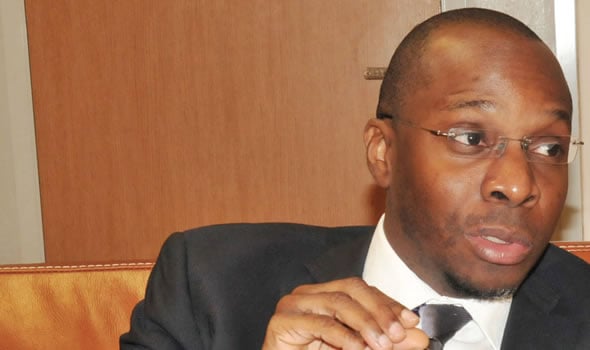
The statistician general of the federation wielded about the strongest influence on doing business in Nigeria through 2016. As the data referee, Kale led the nation on the path to take to doing business better.
In August, he announced the country’s worst recession in 25 years, and consistently made data available for direction in doing business across the country.
Advertisement
Inflation, GDP, unemployment reports by the Kale-led NBS influenced many decisions taken by policymakers and foreign investors throughout 2016.
BELLO MAHMUD
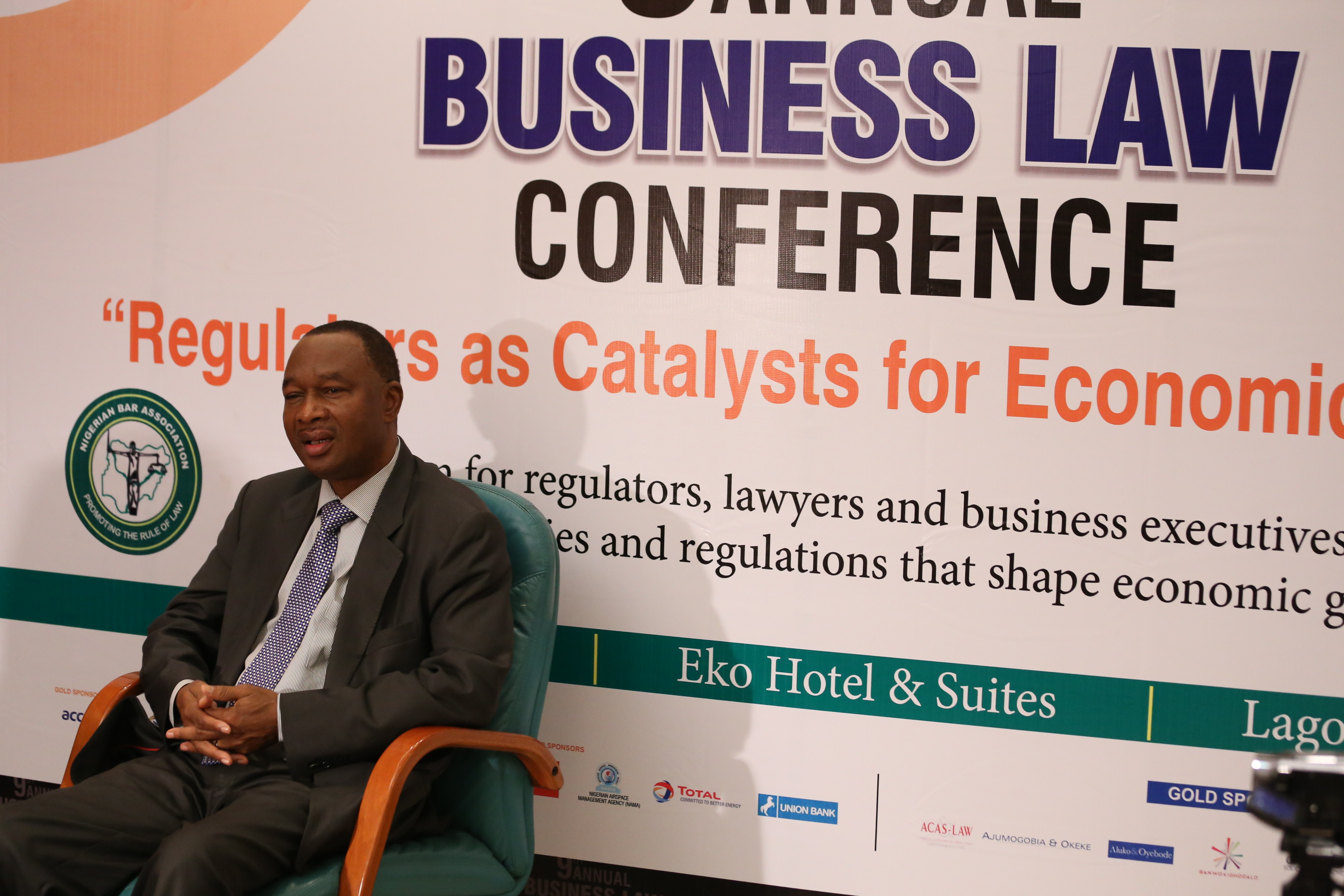 Mahmud may not be a man always in the news, but he has had his fair share of influence on Nigeria’s business sphere in 2016, and he has the recognition of the World Bank on that.
Mahmud may not be a man always in the news, but he has had his fair share of influence on Nigeria’s business sphere in 2016, and he has the recognition of the World Bank on that.
Advertisement
“Nigerian Corporate Affairs Commission, for example, launched an online registration portal allowing companies to reserve their names electronically,” the bank said in its last ease of doing business report.
As the registrar-general of the Corporate Affairs Commission (CAC), Mahmud led the commission into establishing an online portal for “name check”, which drastically eases starting a business in the country.
Advertisement
BABATUNDE FASHOLA
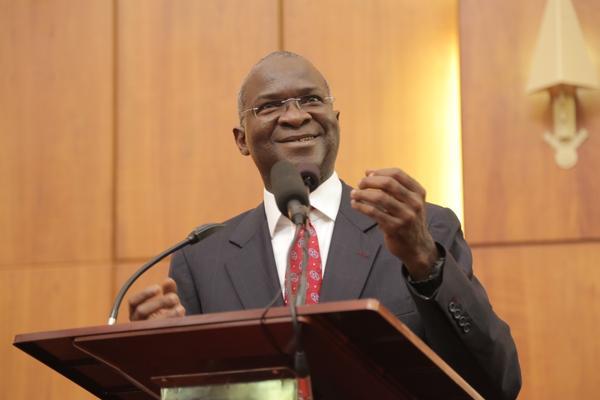
Nigeria’s fall in doing business as recorded in 2015 was blamed majorly on power generation in the country.
“The erratic and inadequate power supply in Nigeria has often been cited as the main reason forcing multinationals to relocate production lines to other countries. Power outages also affect output levels,” World Bank said in 2015.
Fashola, as the minister of power, works and housing, has had to battle Nigeria’s power problems alongside the private sector, to achieve better generation, distribution and transmission.
Results here are relative; some say the situation is better, some say it is better but costlier, while some insist that power generation has gone worse. Whichever way the die turns, it affects businesses in like manner.
KEMI ADEOSUN
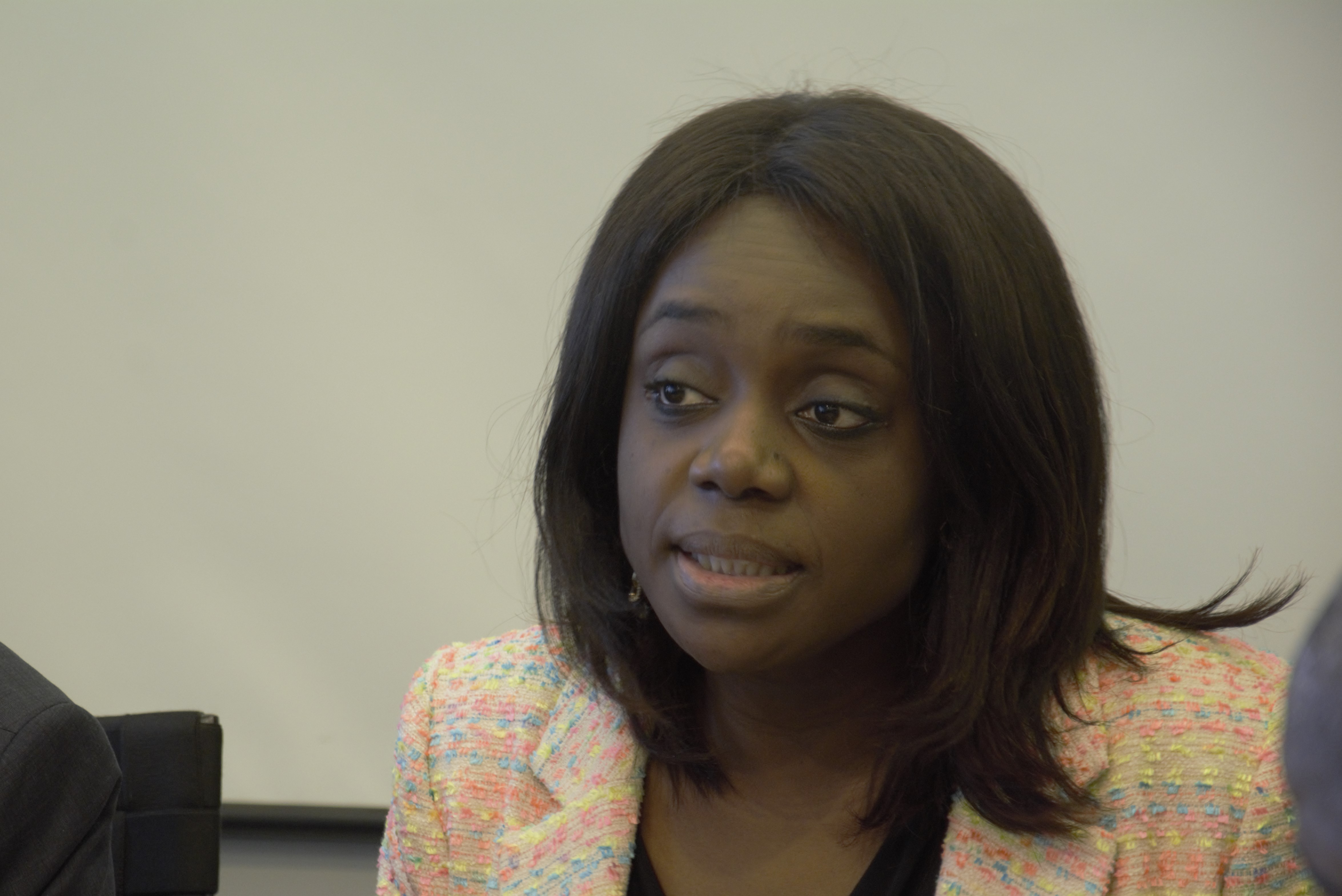 As Nigeria’s minister of finance, Adeosun has been in charge of the fiscal side of policy making. This has affected businesses in the country both positively and negatively.
As Nigeria’s minister of finance, Adeosun has been in charge of the fiscal side of policy making. This has affected businesses in the country both positively and negatively.
Back in November 2015, British newspaper The Economist rated her poorly qualified; but by mid-2016 the same paper had identified her as a “tenacious minister” fixing the country’s economy.
YEMI OSINBAJO, OKECHUKWU ENELAMAH
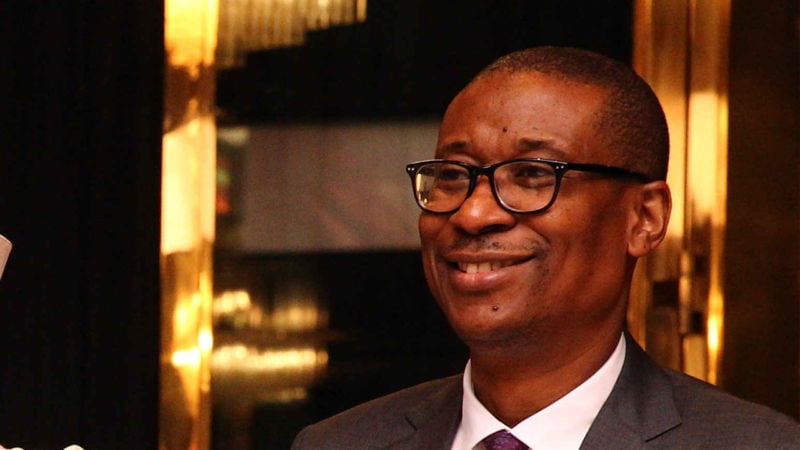
Vice President Yemi Osinbajo is the head of the Presidential Enabling Business Environment Council, which is co-chaired by Okechukwu Enelamah, the minister of trade, industry and investment.
Both men, at the instance of the president, have set a goal of pushing Nigeria 20 places on the ease of doing business index by 2017. They are removing bottlenecks in doing business, which include the reforms seen at CAC.
These men would be the heroes in 2017 if they can make good on their promise to lift the country by 20 places.
Add a comment

